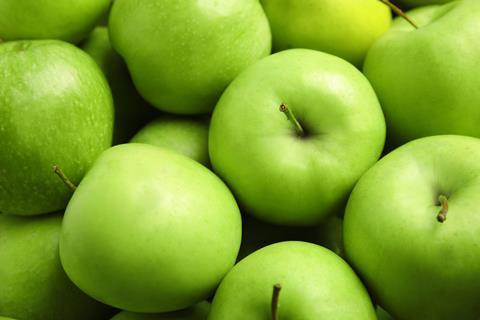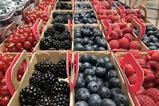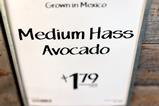Asian country lifts ban imposed in 2008 and provides exporters with new opportunity to grow their business in the region

South African growers and exporters say they are “overjoyed” that Thailand has again opened its doors to the country’s apples.
Access to the market was denied for South African deciduous fruits – including apples, pears, table grapes, and stonefruit – in 2008 after Thai officials imposed a ban due to an apparent lack of phytosanitary documentation.
Since then, South Africa’s apple business has worked and negotiated hard to reinstate a trade estimated to be worth more than US$20m per year.
In March this year, two Thai inspectors visited packhouses, coldstorage facilities, and orchards in South Africa’s three major apple production areas.
According to industry association Hortgro, which has played a central role in those negotiations, the long wait has involved a lot of behind-the-scenes work, but exporters are now eager to refresh the excellent relationships they had with Thai importers prior to the ban.
Hortgro said it also planned to launch a new market development campaign to reintroduce the unique characteristics of South African apples to Thai buyers and consumers.
Plenty of potential
As the apple export season nears its end, the industry is already looking ahead to the next harvest and a new chance to meet growing demand in Asia.
South African apple exports have increased by around 40 per cent in the previous decade, according to Hortgro, and the bulk of this growth has occurred in the region, including the Far East and south-east Asia, rather than in its traditional markets of Europe.
As a result, more than one-third of all South Africa’s apple exports now go to these markets, with strong growth also seen in Africa and the Middle East.
Over the last five to ten years, South African apple growers have invested heavily in state-of-the-art facilities, production practices, technology, and new cultivars, Hortgro added.
“They are confident that South African apples will suit Thai consumers’ preferences and taste profiles,” the group said.
It also thanked the Department of Agriculture, embassy staff in Thailand, and the Thai Ambassador to South Africa, for their “continued support and hard work in achieving this goal”.








